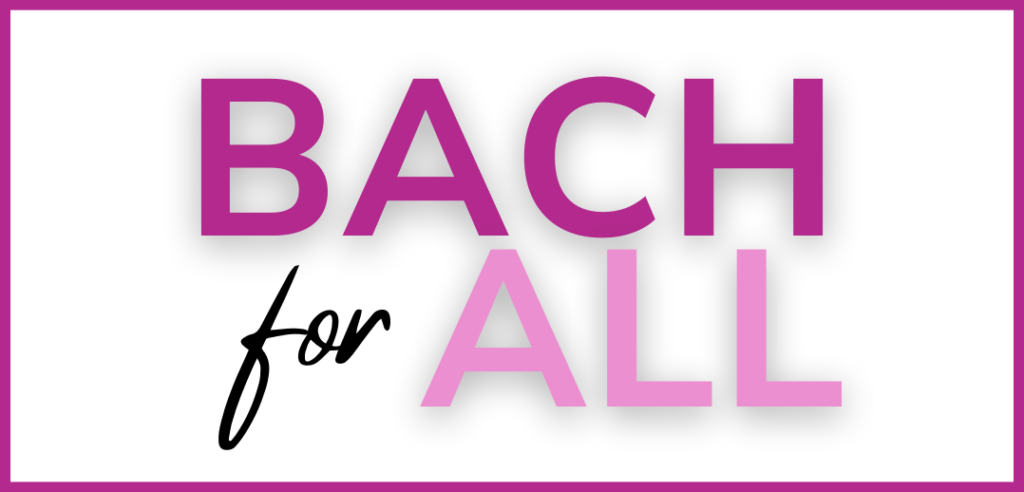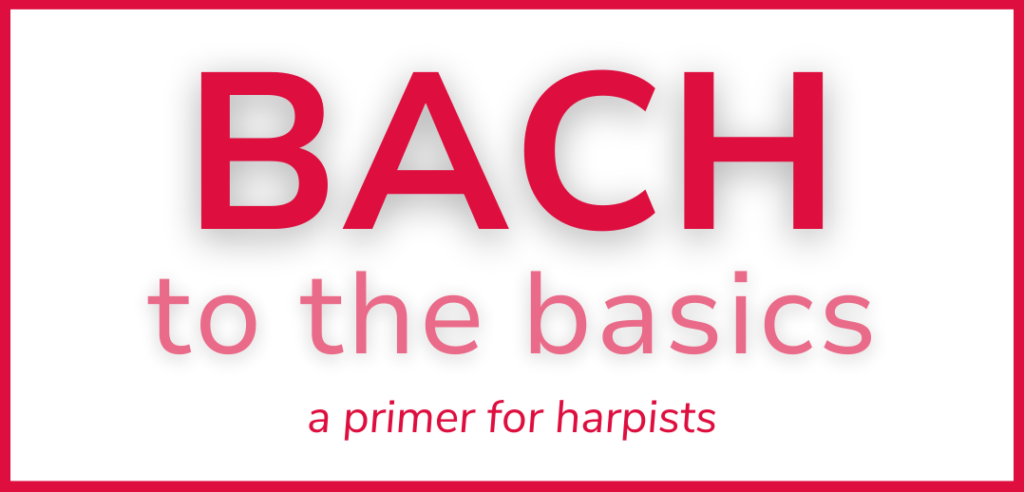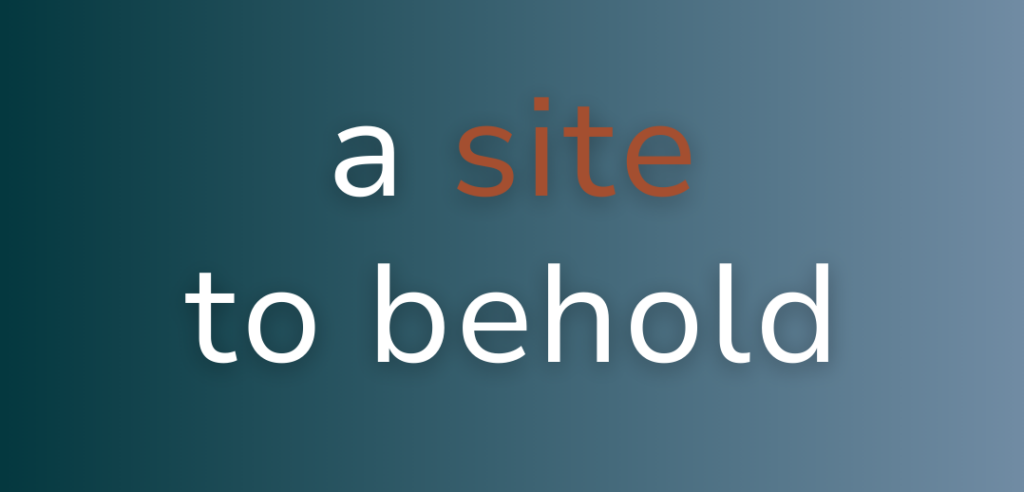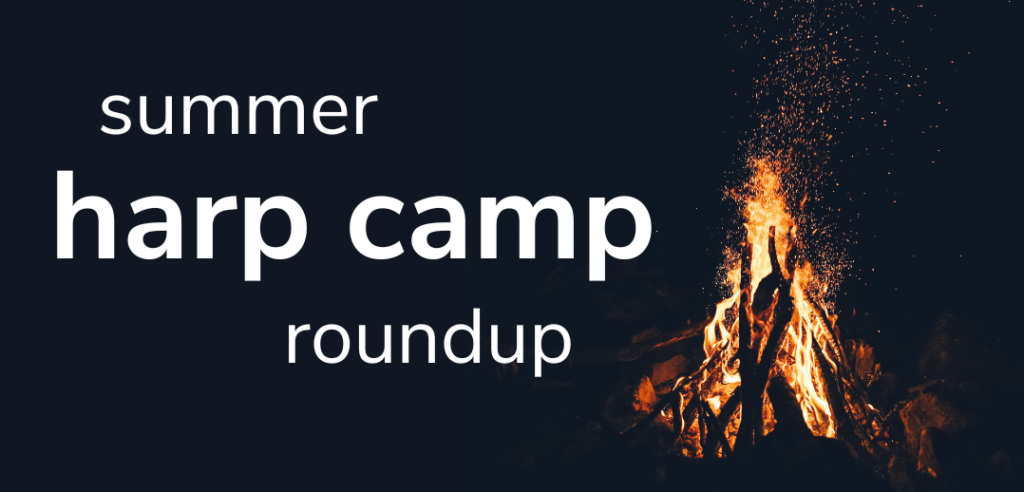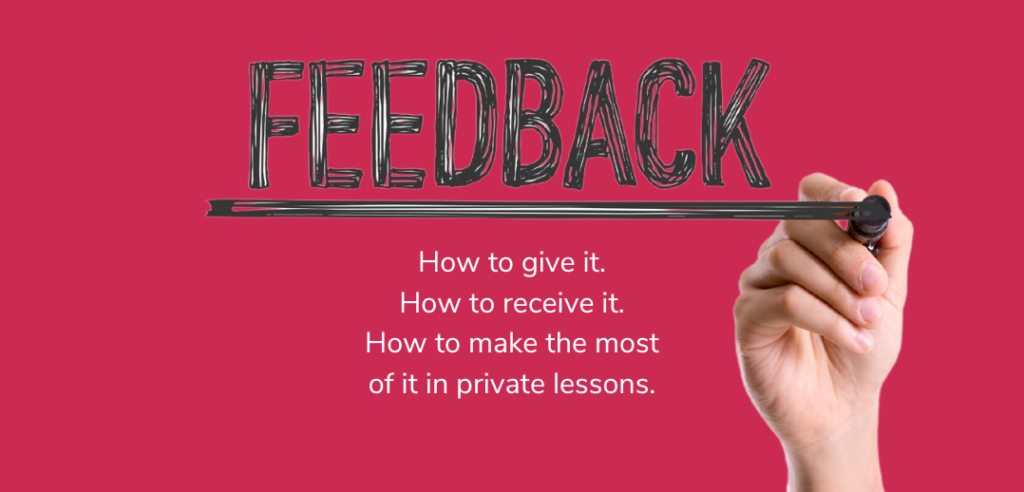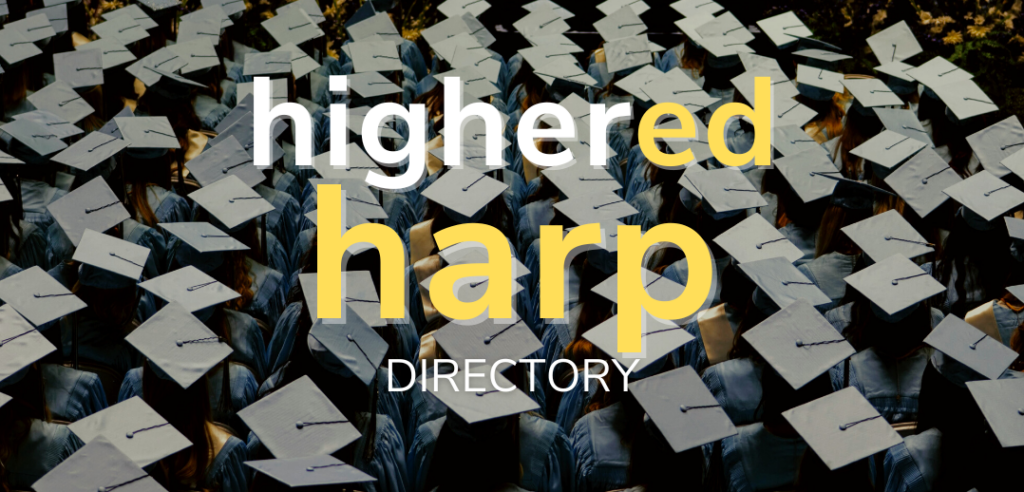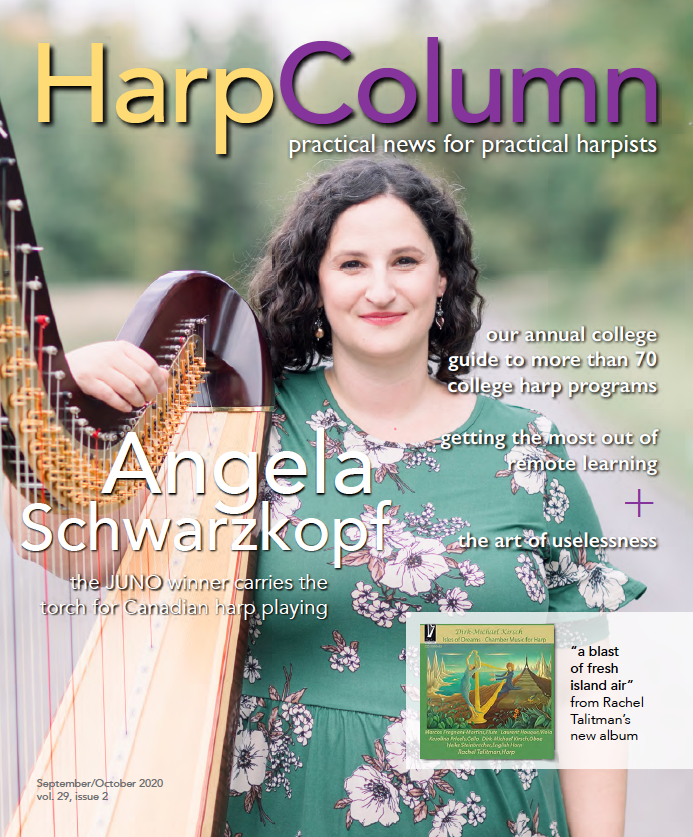Time is a musician’s pulse. We show up on time, strike up the band in time, and groove in time with others. It is the heartbeat of our muse and the organizing principle of our art. Musicians are directed by time.
“If a musician gives an exquisite performance of a beautiful composition, but no one hears it, does that performance still have value?”
When states and cities shut down due to COVID-19, hours spent indulging in guilty pleasures, like Netflix binging, working jigsaw puzzles, and taking long walks, now rose to the level of patriotic duties, carried out for the health, well-being, and greater good of the community. Time grew exponentially, yet slowed its pace.
I found this about-face with time unnerving. I enjoy chocolate, for example, but not at every meal. Add to that the prospect that live concerts would be postponed, perhaps for years, and you can imagine my angst. As we entered quarantine, my gigging calendar was wiped clean by cancellation after cancellation. I felt utterly useless, struggling to find meaning, value, and a future in my life’s work as a musician.
My two obsessively washed hands, however, had grown to have minds of their own. After 45 years of playing the harp, they thrived on practice. I knew from experience that if I missed a single day, my hands would feel mushy, and my mind, anxious. Even if it was an exercise in futility, and an entirely pointless endeavor, I would continue to sit down daily to the harp.
My practice companion was the composer Nicholas-Charles Bochsa (1789-1856.) Never heard of him? You’re not alone. He wasn’t one of the greats. He lived during a period when elegant European parlors included harps played by well-educated young ladies. He was quite the scalawag, though, having had to flee France due to charges of fraud. After landing in England, he co-founded the Royal Academy of Music, then proceeded to scandalize the British by taking up with a married woman. The two ultimately escaped to Australia, where they dreamed of living happily ever after. Sadly, Bochsa passed away just one month later.
Much of the music composed for the harp during Bochsa’s time is forgettable, but I find his 50 harp etudes (musical studies) charming and technically challenging. One in particular proved to be a gift to my left hand, offering it the rare chance to solo, while the right hand acted as an accompanist. This seemed like a small and silly concern in the face of global chaos, but nevertheless, I resolved to learn and memorize that etude.
As spring unfolded, I engaged in another seemingly frivolous endeavor, that of walking 11,000 steps every day. Not to lose weight. Not to increase my heart rate. Not for cardio fitness. Just to get out there and put one foot in front of the other 11,000 times. During some heady moments on New Year’s Eve, I had set a goal of walking 4,000,000 steps in 2020. I was on track to reach that goal, and COVID-19 was not going to stop me.
My companion for these daily pilgrimages were podcasts. As I braved the brutal vagaries of spring in Michigan, I found myself engaged, enlightened, entertained, and motivated. I listened and learned. The New York Times gave me insight to the pandemic and current events. Brené Brown and Ted Interviews taught me how to cope with isolation and loneliness. Paula Pant tutored me in navigating through financially chaotic times. And Derek Sivers, my all-time favorite, inspired and motivated me with podcasts that nurtured creativity. At a time of confinement, the world came to me.
As I trekked my way through trails and musical phrases, at the urging of my friend and mentor Jane Moyer, I reluctantly began playing around with the iMovie app. I say “reluctantly” because, once again, I was grappling with the question of uselessness. With thousands and thousands of fine musicians inundating social media with their videos, how could I possibly distinguish myself? I wasn’t convinced that joining the crowd had much merit, but if YouTube videos were now the game, then I had better learn the rules.
Fortunately, the harp, being such a visually-stimulating instrument, innately lends itself to engaging listeners, even more so than other instruments. Its graceful lines and pleasing tones attract audiences. Playing the harp involves using the fingers in highly specific fine motor movements that are observed more easily in a video than on a concert stage. In some ways, a harp video might even be superior to a live concert! But could I pull it together and play Bochsa flawlessly for five minutes from memory in front of the camera, while simultaneously having a decent hair and make-up day? Now that would be a test.
After six weeks of deep practice, it was time to pull it all together and record. I set the video recording date. I had the house to myself. Did the hair and make-up. Straightened up the studio. Put a spotlight on the harp.
Quiet? Check.
Hair and Make-up? Check.
Lights, Camera, Action? Check.
Hey…this was like getting ready for a Saturday night concert at Orchestra Hall! COVID-19 had changed the venue, but not the job!
Oh. Right.
There was no audience.
If a musician gives an exquisite performance of a beautiful composition, but no one hears it, does that performance still have value? What, exactly, is the innate value of creating? These questions haunt me as I face the prospect of being a musician in a world turned upside-down by the pandemic.
I’d like to think that lovely sounds, images, and words, even if unheard and unseen, remain somewhere in our atmosphere, creating an undercurrent of harmony, an unknowing force of goodness and beauty that unwittingly impacts all of us, permeating our environment with sweetness as we go about our everyday lives.
But I’d also argue that creativity does not rise to the level of art unless it is shared and communicated with others. Art is a conversation—a connection between the creator and the audience, leaving them both transformed in some way. Otherwise, the act of creating is simply an exercise in self-expression. Sharing music with others has been my life’s mission, and I like to think I am making the world, and myself, better by doing so.
So, on a Saturday night in May, entirely unconvinced that I was up to the task, I sat alone in my harp studio, tapped “record,” and faced myself. And again. And again. In fact, I tapped the record—and delete—buttons at least 20 times over the course of two hours. Convinced that I was in over my head, and about to pull the plug, I recorded one final take. It isn’t perfect, but it’s pretty close, and there are some nice musical moments. It may have been an entirely useless endeavor to spend six weeks learning this etude from memory, but I had finished what I set out to do.
And now, I face the next challenge—sharing my work with others. You, dear reader, are the indispensable element that concludes this journey. You can listen to my recording of Etude XIX by Bochsa on my YouTube channel “christagrix.” I share these words and this music with you in the hope that they bring you enjoyment, pleasure, inspiration, and connection to the sweetness of our shared universe. •








